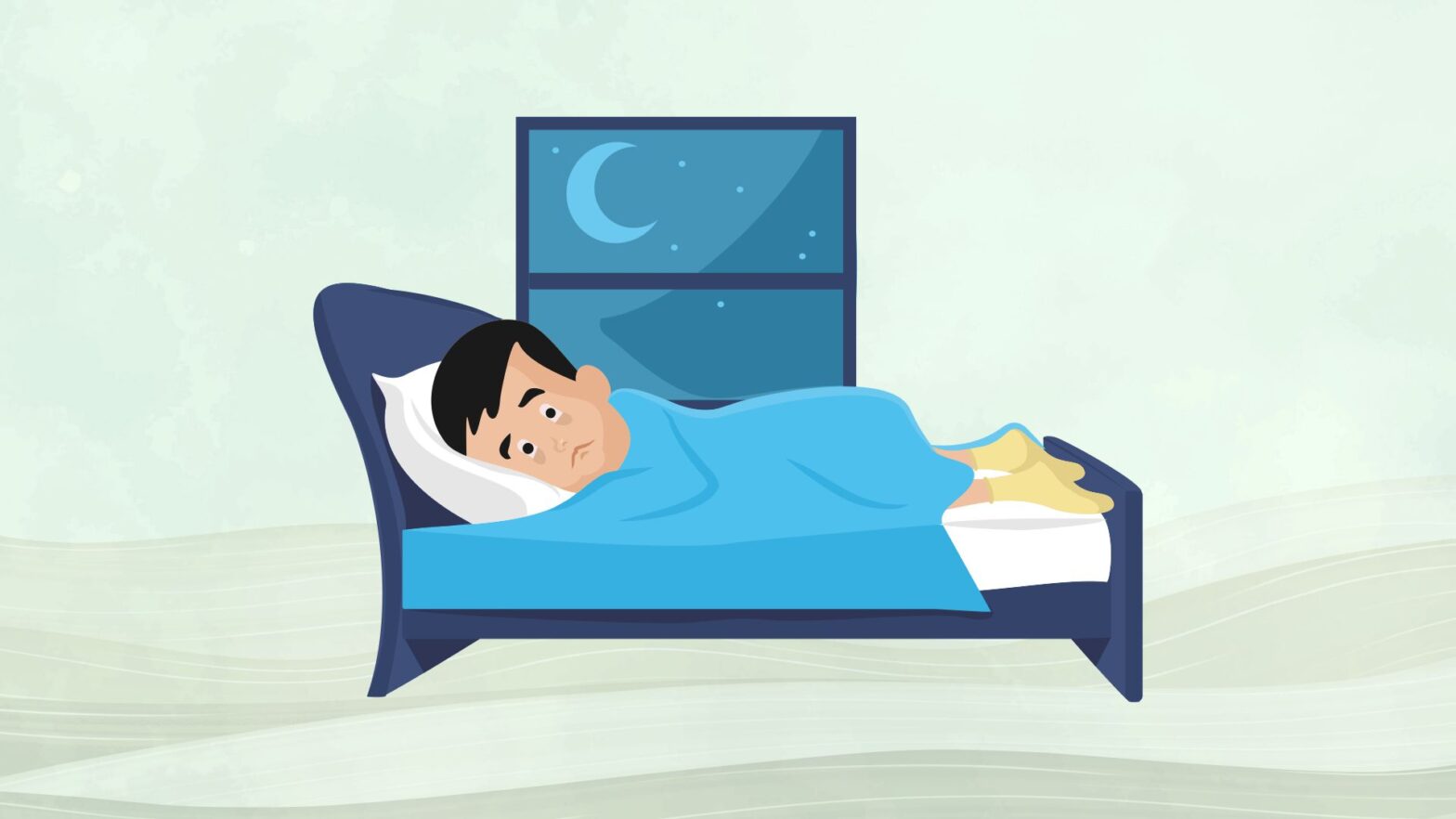
Sleep apnea is a common sleep disorder characterised by repeated interruptions in breathing during sleep. These interruptions, called apneas, can have a significant impact on overall health and well-being. Understanding the causes, symptoms, and risk factors of this condition is essential for its proper management and treatment.
Sleep apnea primarily occurs due to a relaxation of the muscles in the back of the throat that support the soft palate and tongue. This relaxation can cause the airway to narrow or close completely, leading to a pause in breathing. The brain senses the drop in oxygen levels and briefly awakens the individual to resume normal breathing. These awakenings are often so brief that the person may not remember them, but they disrupt the sleep cycle, leading to poor sleep quality.
The symptoms of sleep apnea can vary in severity. Common signs include loud snoring, gasping or choking during sleep, excessive daytime sleepiness, difficulty concentrating, morning headaches, and irritability. It’s important to note that not everyone who snores has sleep apnea, but chronic and loud snoring should be evaluated by a medical professional.
You Might Also Like: How to Help Your Partner Affected by Sleep Apnea
Several risk factors contribute to the development of sleep apnea:
Sleep apnea is a complex sleep disorder that can have significant effects on overall health. Left untreated, it can lead to complications such as cardiovascular issues, daytime fatigue, and impaired cognitive function.
Recognising the causes, symptoms, and risk factors is crucial for seeking timely diagnosis and appropriate treatment. Lifestyle changes, weight loss and avoiding alcohol before bedtime can often help manage apnea.
For more severe cases, medical interventions like continuous positive airway pressure (CPAP) therapy or surgery may be recommended. If you or a loved one exhibits symptoms of apnea, consulting a healthcare professional is the first step towards achieving restful and rejuvenating sleep. If you’re having problems with sleep apnea and want to get some rest again. Feel free to get in touch with Sleep Therapeutics.
ALSO READ: How To Diagnose OSA?